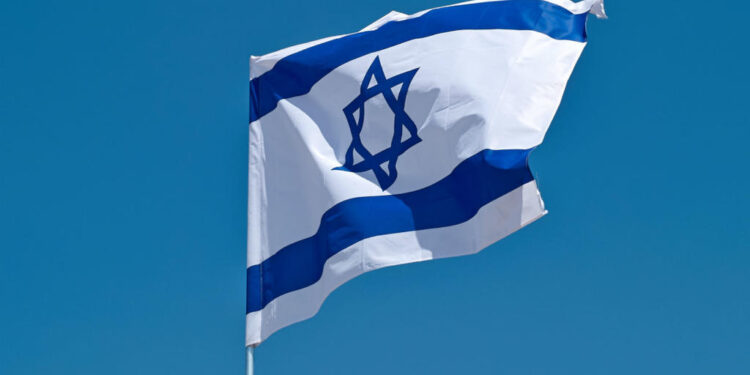Tensions between Israel and Iran escalated dramatically on Wednesday as Israel threatened swift retaliation following a barrage of missiles fired by Tehran. Most of the missiles were intercepted by Israeli defense systems, but the few that reached Israeli territory caused light injuries and triggered alarm throughout the nation.
The missile assault was Iran’s response to the deaths of key figures in its regional alliances—Hezbollah’s Hassan Nasrallah and Hamas leader Ismail Haniyeh—both of whom were reportedly killed in recent Israeli attacks. Iran’s Revolutionary Guards claimed responsibility, stating that the strikes targeted three military bases near Tel Aviv and several other locations, marking a significant escalation in the conflict.
In a strong message, Israel’s Prime Minister Benjamin Netanyahu warned Iran of severe repercussions, declaring that the country had made “a big mistake” and would be made to “pay.” Israeli military spokesman Rear Admiral Daniel Hagari echoed this stance, confirming that Israeli forces were prepared to strike back “powerfully” in the region.
The response from Tehran was equally defiant. Iranian officials, including Foreign Minister Abbas Araghchi, warned that Iran would continue its retaliation only if provoked further by Israel, while the Iranian military pledged to strike Israel’s infrastructure should their territory come under attack.
Meanwhile, U.S. President Joe Biden expressed full support for Israel, noting that discussions with Israeli leadership were underway to determine an appropriate course of action. The Pentagon followed suit, bolstering U.S. military presence in the region as Defense Secretary Lloyd Austin condemned Iran’s “outrageous act of aggression.”
As missile sirens continued to blare across northern Israel, reports emerged that Israeli forces had begun targeted air raids in Beirut, striking Hezbollah positions. In response, Hezbollah resumed low-intensity strikes on Israeli troops along the northern border, while Israel ramped up its offensive across Gaza, Lebanon, and Syria.
Amid calls for de-escalation from international leaders, including the United Nations’ Antonio Guterres, the situation showed no signs of slowing down. The specter of a broader regional conflict looms as civilian casualties rise, and both Israel and Iran brace for what could become a prolonged and devastating exchange of hostilities.
























